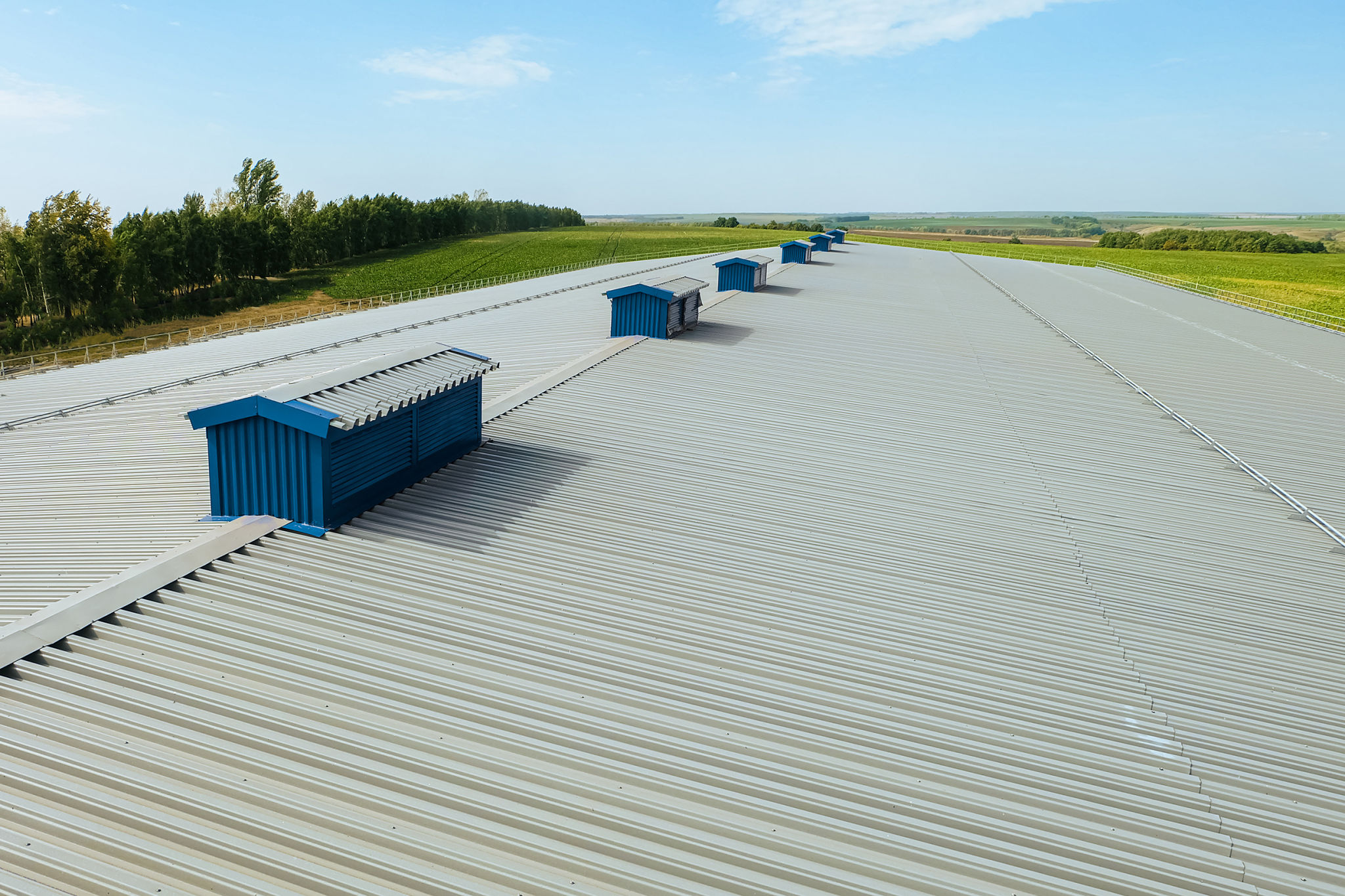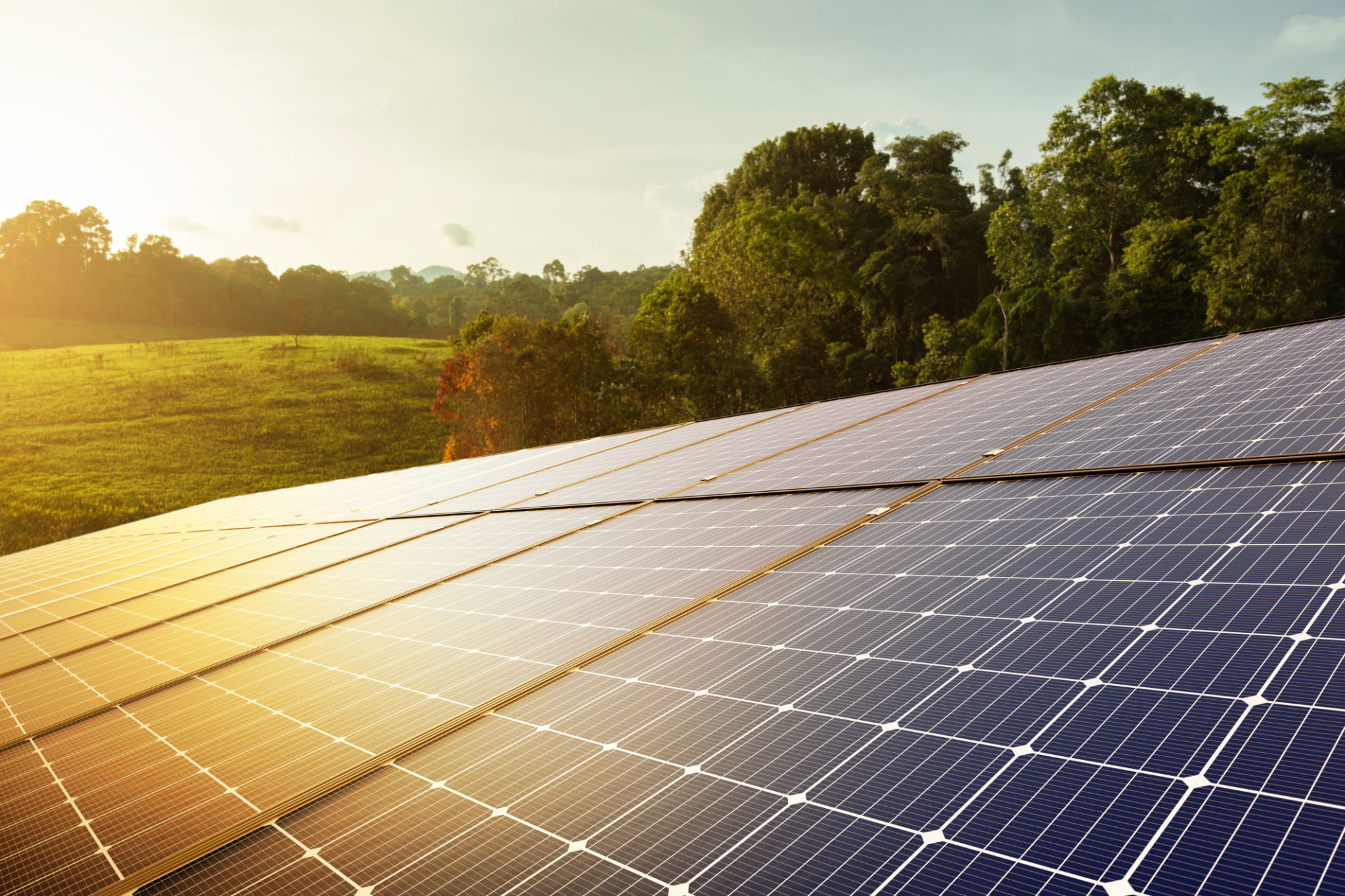Understanding Commercial Roofing in Atlanta: Trends and Technologies
Exploring the Commercial Roofing Landscape in Atlanta
The commercial roofing industry in Atlanta is evolving rapidly, driven by technological advancements and changing market demands. For business owners and property managers, understanding these trends is crucial to making informed decisions about roof installations, repairs, and maintenance. Let's delve into the latest trends and technologies shaping commercial roofing in this vibrant city.
Commercial roofing in Atlanta encompasses a variety of materials and designs, each suited to specific building types and environmental conditions. With the city's humid subtropical climate, roofing solutions must withstand heat, humidity, and occasional severe weather. Consequently, choosing the right roofing system is essential for durability and energy efficiency.

Trends in Commercial Roofing Materials
The choice of roofing materials can significantly impact the longevity and functionality of a commercial roof. In Atlanta, traditional materials like asphalt and metal remain popular due to their durability and cost-effectiveness. However, there's a growing interest in sustainable materials such as TPO (Thermoplastic Olefin) and green roofs.
TPO roofing is gaining traction because of its reflective properties that help reduce energy costs by keeping buildings cooler. Similarly, green roofs, which incorporate vegetation, are becoming more common as they offer excellent insulation, reduce stormwater runoff, and contribute to urban biodiversity.
Advanced Roofing Technologies
Technological innovations are playing a pivotal role in transforming the commercial roofing industry. One significant advancement is the integration of smart roofing systems equipped with sensors that monitor roof conditions in real-time. This technology allows for proactive maintenance, potentially extending the roof's lifespan.

Furthermore, drones are increasingly used for roof inspections. They provide detailed aerial views of a roof's condition without the need for manual inspection, which is both time-saving and safer. This technology allows for more accurate assessments and helps identify issues before they become significant problems.
Energy Efficiency and Environmental Considerations
With rising energy costs and growing environmental awareness, energy-efficient roofing solutions are more important than ever. Many business owners in Atlanta are opting for cool roofs that reflect more sunlight and absorb less heat compared to standard roofing materials.
Additionally, the concept of solar roofing is gaining momentum. By integrating solar panels into roofing systems, businesses can generate their own electricity, reducing reliance on the grid and lowering energy bills. This trend not only supports sustainability but also offers financial benefits in the long run.

Choosing the Right Roofing Contractor
Selecting a reliable commercial roofing contractor is crucial to ensuring the success of your roofing project. When evaluating potential contractors, consider factors such as experience, reputation, and certifications. A reputable contractor will provide a detailed proposal and be transparent about costs and timelines.
Additionally, look for contractors familiar with the latest industry regulations and technologies. They should be able to offer guidance on the best materials and solutions tailored to your specific needs and budget.
Conclusion
In conclusion, understanding the trends and technologies in commercial roofing is essential for making informed decisions that enhance the performance and longevity of your roof. As Atlanta continues to grow and evolve, staying updated on these developments will help you maintain a secure and efficient building infrastructure.
By embracing innovative solutions and working with experienced professionals, business owners can ensure their commercial roofs not only protect their investments but also contribute positively to the environment.